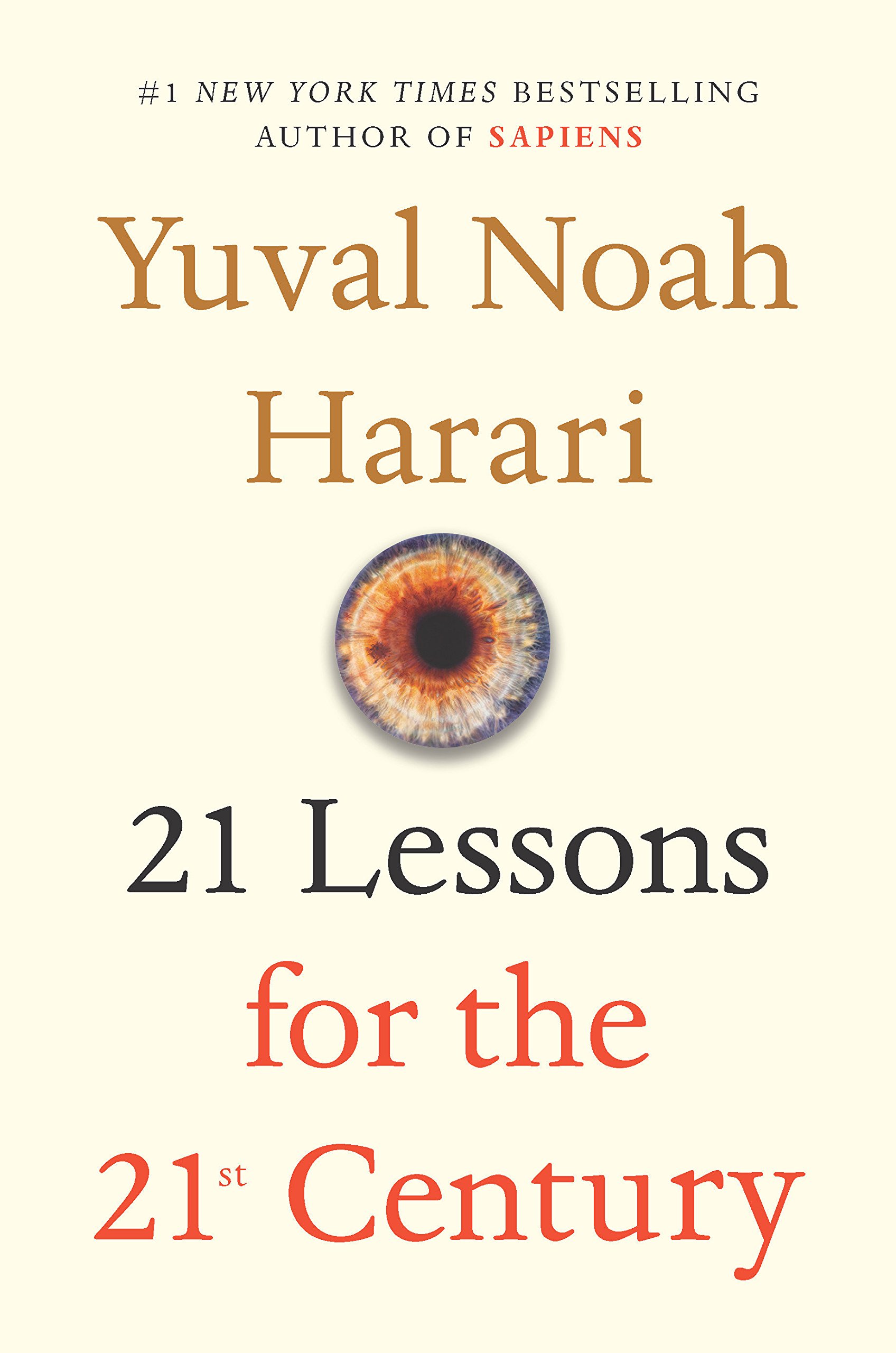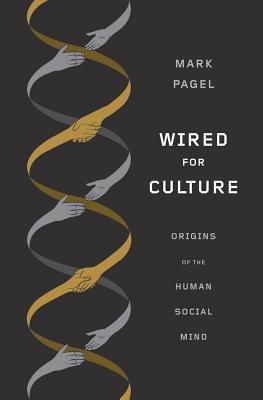
Sapiens: A Brief History of Humankind
Book Description
What if the key to understanding humanity lies in our shared past? In "Sapiens: A Brief History of Humankind," Yuval Noah Harari boldly uncovers the thrilling journey of our species from primitive foragers to modern empires. He challenges the myths that shape our societies and explores the powerful forces—cognition, agriculture, and technology—that have driven history. Each revelation will reshape the way you see the world and your place in it. How did a mere species of apes come to dominate the planet? Prepare to confront the astonishing truths behind our existence and what they mean for our future.
Quick Book Summary
"Sapiens: A Brief History of Humankind" by Yuval Noah Harari traces the expansive journey of Homo sapiens from obscure primates to dominators of the planet. The book delves into the pivotal revolutions—Cognitive, Agricultural, and Scientific—that set our species apart and propelled us through waves of social, technological, and ideological transformation. Harari critically examines how myths, religions, and shared beliefs created systems of cooperation, underpinned empires, and shaped modern society. He challenges conventional narratives about progress and happiness, exploring the double-edged sword of human advancement. By intertwining anthropology, history, and philosophy, Harari offers a thought-provoking account of what it means to be human, the power of our imagination, and how our past choices continue to influence the future.
Summary of Key Ideas
Table of Contents
The Cognitive Revolution and Shared Myths
Harari begins by exploring the Cognitive Revolution, a turning point about 70,000 years ago, when Homo sapiens developed unique capacities for language and abstract thinking. This allowed humans to cooperate in large groups, spread across continents, and outcompete other human species. The emergence of shared myths and imagined orders—stories, religions, collective beliefs—enabled flexible, large-scale collaboration. These novel abilities redefined what it meant to be human and laid the foundation for subsequent societal transformations.
Agricultural Revolution and Social Structures
The Agricultural Revolution drastically changed human lifestyles, shifting people from nomadic hunter-gathering to settled farming communities. Though agriculture increased food production and allowed populations to grow, Harari emphasizes that it also led to social hierarchies, gender inequality, and new forms of labor. Surplus resources required storage and management, prompting the rise of complex societies, specialized roles, and the eventual emergence of kingdoms and empires. This transformation came at the expense of individual freedom and variety in daily life.
Unification of Humankind Through Culture and Empire
As civilizations expanded, the concept of imagined orders took on even greater significance. Harari explains how widespread myths, religions, and universal values—such as money, law, and nationalism—unified disparate groups. Empires and global trade networks rose by binding thousands of people across continents through these shared beliefs and institutions. Large-scale cooperation and increasing cultural exchanges led to a more interconnected world, driving the assimilation and blending of diverse societies.
The Scientific Revolution and Human Power
The Scientific Revolution, beginning around 500 years ago, dramatically accelerated humanity’s trajectory. Harari suggests that the acknowledgment of ignorance—the realization that humans did not know everything—spurred a quest for knowledge and innovation. Science partnered with capitalism and imperial ambition, fueling technological advancement, economic growth, and global conquest. This revolution transformed how humans live, work, and understand the universe, unleashing humanity’s potential while presenting unprecedented risks and ethical dilemmas.
The Cost and Consequences of Progress
While humanity has gained enormous power, Harari questions whether these advances have truly brought happiness or well-being. He discusses the ecological, psychological, and social costs of progress: environmental degradation, animal suffering, and rising anxiety. Advancements have not eliminated inequality or existential angst. The book concludes by pondering the future of Homo sapiens, with biotechnology and artificial intelligence poised to reshape life, urging readers to reflect on what kind of world we are creating and what choices will define our destiny.
Download This Summary
Get a free PDF of this summary instantly — no email required.





